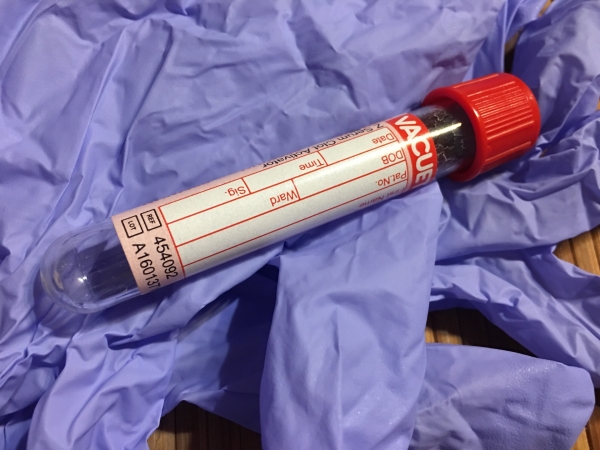
By: Jason Orien, MD
Prostate cancer has long been a leading cause of cancer death in men, second only to lung cancer. Many cancer types, including prostate cancer, often have no symptoms until they reach an advanced stage and are more difficult to treat. This problem has driven the need for screening tests such as mammography for breast cancer, colonoscopy for colon cancer, and PSA for prostate cancer. The goal is to detect cancer early when it is easier to treat.
In the late 1980’s doctors started using PSA to screen for prostate cancer and thereafter we saw an approximately 50% decrease in prostate cancer deaths and a 75% reduction in metastatic prostate cancer. While PSA testing does have a significant impact on the number of men dying from prostate cancer, it also can lead to overtreatment of men with low risk cancer. Not all men with prostate cancer need treatment. This fact has made prostate cancer screening a controversial topic.
Patients need to be aware of what we are doing to improve early detection of aggressive cancer, while minimizing overtreatment of low risk cancer. Firstly, healthcare providers need to move away from using a one-size-fits-all PSA cutoff of 4. We can better identify men who are at high risk by using risk-adapted PSA cutoffs based on age, race, prostate exam, family history, and data from prostate MRI and newly available biomarkers.
Secondly, we must recognize that men with at least a 10-year life expectancy benefit the most from screening. In general men at age 50 should start discussing PSA testing with their doctor, while the elderly and those in poor health should not be screened. Thirdly, men diagnosed with low risk cancer should not be offered treatment upfront. Multiple studies have confirmed that men with low risk cancer can safely avoid or at least delay treatment in most cases. Finally, for men who do require treatment, improved robotic surgical techniques enable surgeons to remove the prostate efficiently while saving the nerves for erectile function and performing meticulous reconstruction. Radiation therapies have improved their toxicity profiles with better targeting and treatment delivery.
Using these measures we can improve screening and treatment decisions for prostate cancer. The providers at Portneuf Urology Clinic offer a full range of urological care including, genitourinary cancer, kidney stones, bladder leakage, female pelvic organ prolapse, prostatic enlargement, erectile dysfunction, and more. To reach our office or to schedule an appointment, call 208-239-2770.